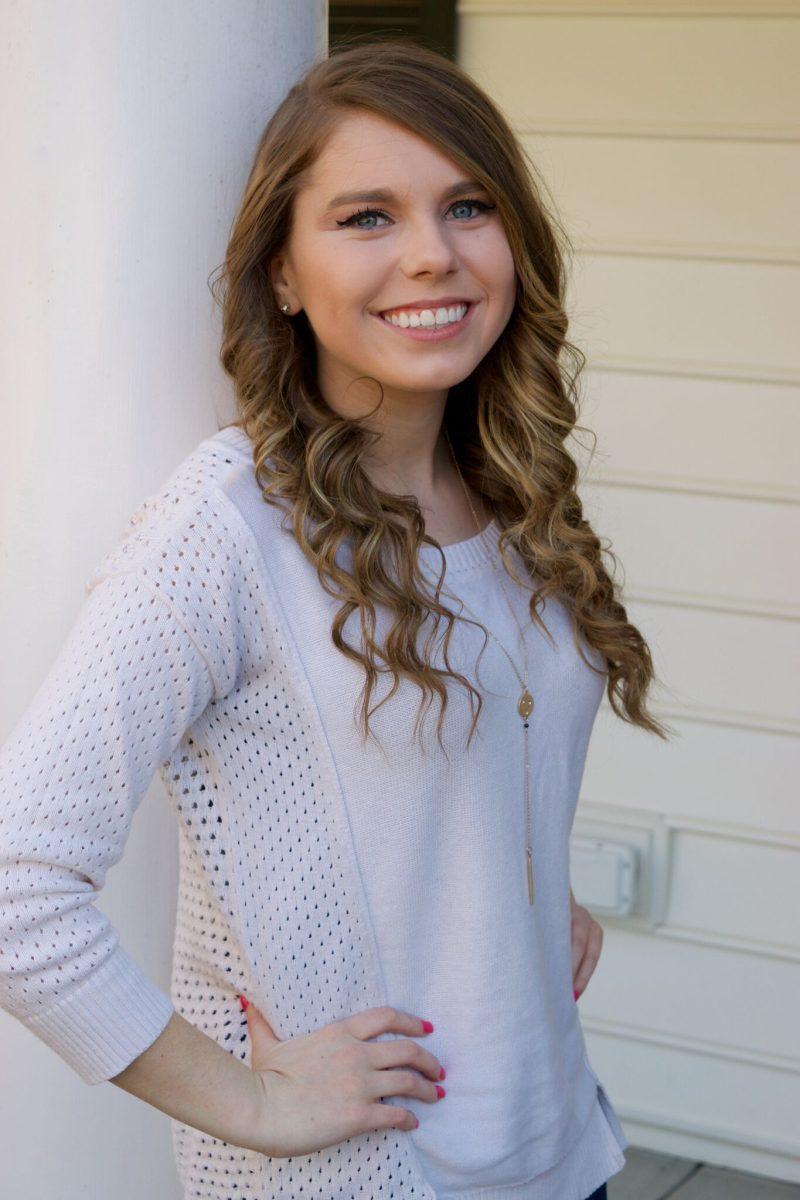Content Warning: The following column includes a description of an encounter of interpersonal violence.
According to the National Sexual Violence Resource Center, one in five women is sexually assaulted in college, and I never knew I would be that one.
I was going to have an amazing Halloween. I spent weeks making my costume and planning my trip to UNC, but I didn’t expect the turn of events that followed.
My friend Catherine and I started walking toward Franklin Street. I was wearing new heels, so I started to trail behind her, when a man approached me. He was dressed as Batman, and I started a conversation with him, complimenting his costume. That’s when he grasped my arm. Everything happened so fast, but I pushed him away. Catherine looked back too late; I had already started running toward her crying.
I feel lucky that I was able to escape my situation before it escalated further. I know that it could have been worse. Millions of women on college campuses experience similar situations to mine, but it seems that we have become desensitized to the gravity of the statistics.
According to the U.S. Department of Justice, 20 million women in the United States have been raped in their lifetime, and women ages 18 to 24 have higher rates of rape and sexual assault than any other group. These figures are astonishing, but so many of these crimes don’t even make the local news.
Reporters focus on survivors’ personal lives, alcohol intake or appearances instead of the severity of the crime. The rape of an underage girl by two undocumented immigrants made national news, but the UNC rape case from September 2016 didn’t make headlines until the survivor spoke out. It’s almost like sexual assault must be trendy in order to gain the public’s attention and sympathy.
I don’t want to be part of an ignored statistic. We should not be shrugging our shoulders at the vast number of sexual assault cases on college campuses, and we should not ignore efforts to spread awareness of these crimes.
Consistently, there are events hosted on campus spreading awareness of this violence against women. This month is Sexual Assault Awareness Month, and even more of these events are being hosted by organizations like the Women’s Center. These events include Carry That Weight, Survivor Support 10 and Take Back the Night, which all focus around encouraging survivors to grow stronger from their circumstances.
Ever since I first heard about these events, I’ve been asking my friends to attend them with me especially Take Back the Night. I wanted to feel in control again, but many of my friends were disinterested. They, unlike me, didn’t see these events as important.
This hurts me, and makes me feel alone and ignored. Although the incident happened to me two years ago, the pain still reoccurs at the most unexpected moments. I know I am not the only one on NC State’s campus who feels this way. There are hundreds of women on NC State’s campus who were victimized by a stranger, a friend or a family member.
Spreading awareness about sexual assault could bring affected women closer together. There are services available on campus including the Women’s Center’s advocates and the 24 Hour Sexual Assault Helpline. Many women need these types of support systems, and these events and services can help some of these women to feel less alone. Pay attention to the women around you. Unbeknownst to you, this may have affected your closest friends. Go to events and become more informed. Don’t ignore the efforts that are being made to help women like me.
More information about the helpline can be found at the Women’s Center website. Other resources include the Counseling Center and the GLBT Center.














